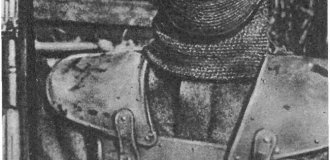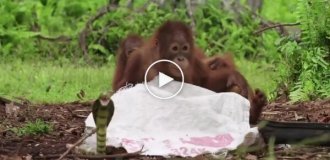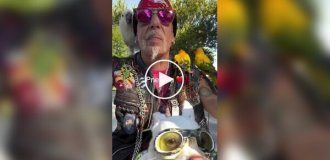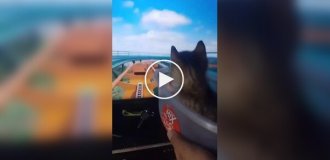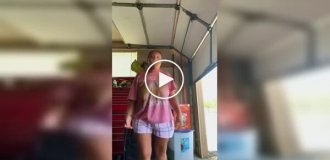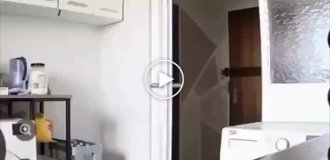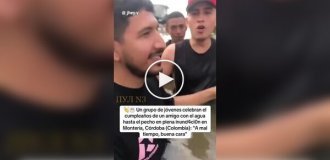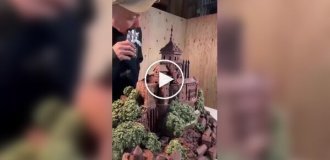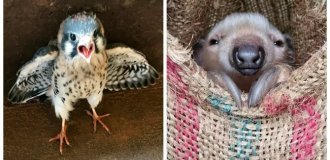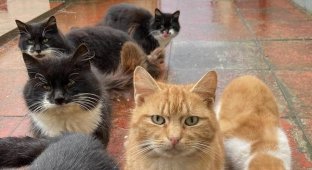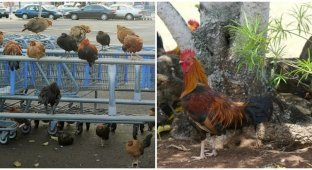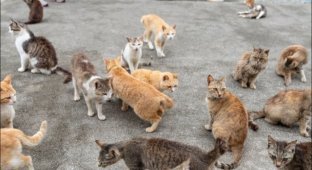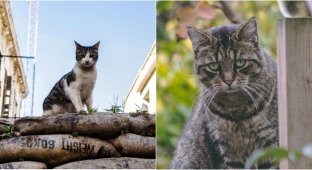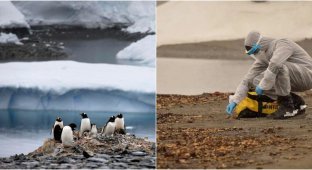How scientists plan to protect the birds of Marion Island from invasive rodents (8 photos + 1 video)
The birds of Marion Island in South Africa are about to get some much-needed help! The island, 2,000 km southeast of Cape Town, is home to rare bird species, but they are being decimated by invasive mice. The Mouse-Free Marion organization has developed a plan to eradicate the voracious rodents, which will require helicopters and 600 tons of pesticides. 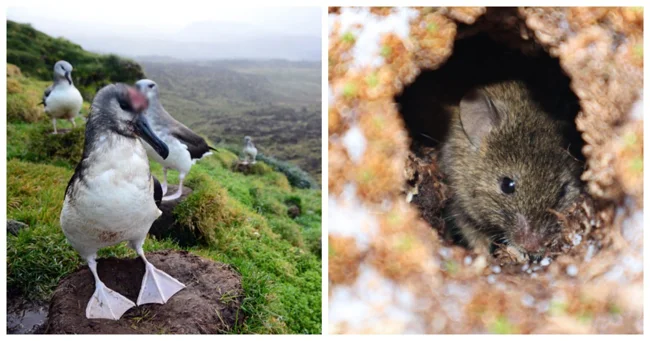
Project manager Anton Wolfhardt said the mice arrived on Marion Island in the late 19th century, possibly on seal-hunting boats. By 1949, they had become so numerous that scientists working on the island were given five domestic cats. 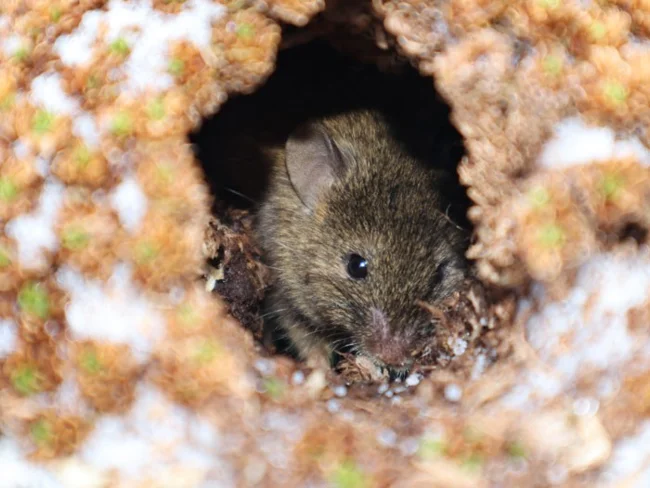
At first, this saved the situation, but the cats quickly multiplied – their number reached a thousand individuals – and themselves became a threat to the local bird population. Then conservationists destroyed the cats by releasing a cat virus on the island. This led to the fact that the number of mice has increased by about 500 percent over the past 30 years. 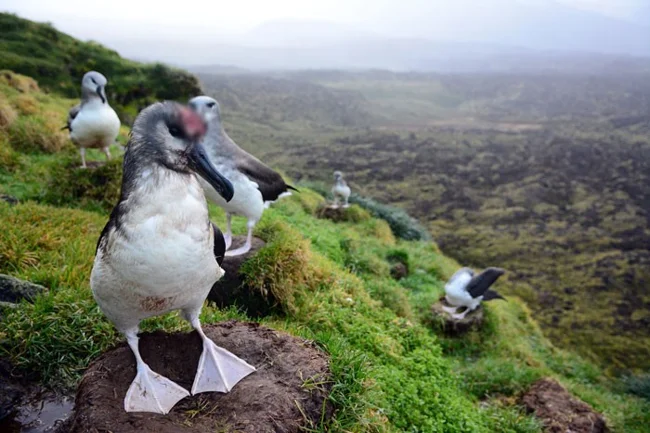
As a result of the population explosion, mice have exhausted their usual food source — invertebrates. Populations of weevils and flightless moths have fallen to 10 percent of their historical levels. As a result, the rodents have turned their attention to birds.
“Mice just swarm around them night after night, picking at them,” admitted the ecologist who became the director of the Mouse-Free Marion project in 2021, “and the birds eventually die, either from sheer fatigue or infection, or perhaps their body condition has deteriorated to the point where they are more vulnerable to predators.”
In shocking footage shared by Mouse-Free Marion, a mouse is seen crawling onto the head of an albatross chick and slowly gnawing away at the skin of the still-living bird, exposing its skull.
Because the birds have no evolutionary defense against mice, this new behavior threatens their long-term survival. The biologist, who earned his PhD from the University of Cape Town in 2007, believes that without action, 19 of the island's 29 nesting bird species face "a very real risk of local extinction in the next 30 to 100 years."
These species include the wandering albatross, the bird with the largest wingspan and one of the world's most iconic seabirds. The vulnerable species lives in the Southern Ocean, and about a quarter of its population breeds on Marion Island.
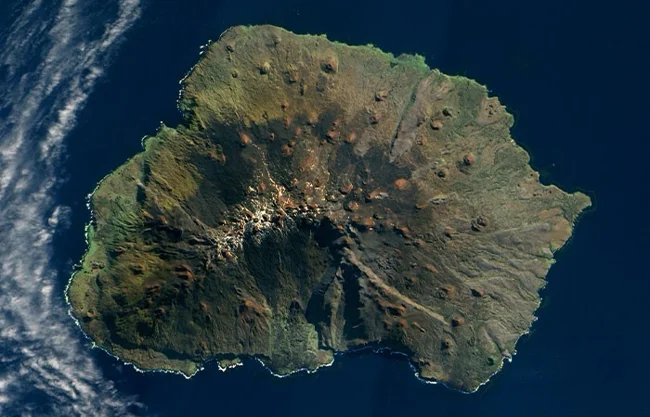
To save them, Mouse-Free Marion turned to brodifacoum, a powerful rodenticide and anticoagulant. The ship will carry a team of environmentalists and several helicopters on a five-day journey from South Africa to Marion Island, where they will spend four to six months scattering pellets of poison across the 300-square-kilometre island.
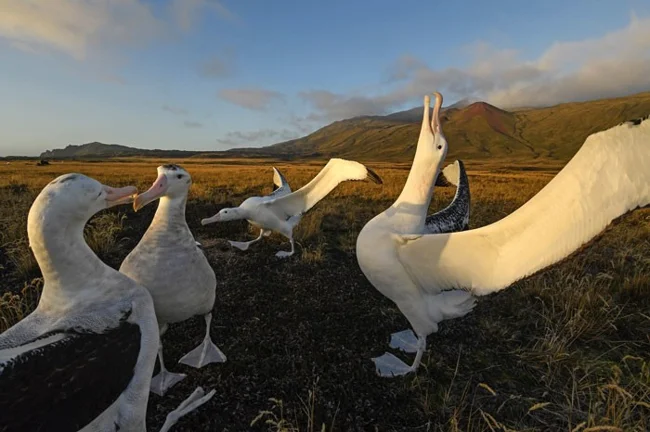
Such a radical plan is not without its pitfalls, but Anton Wolfhardt assures that the project has undergone a thorough risk assessment and has been designed to mitigate unforeseen side effects. For example, brodifacoum was chosen in part because it is not water-soluble, meaning it will not enter the island's water supply and poison other animals.
Some members of the public have also expressed concerns that the seabirds will succumb to the poison themselves, but the researcher insists that is not a problem. “Since all but one of the birds are marine, they forage for food at sea and are not interested in bait.”
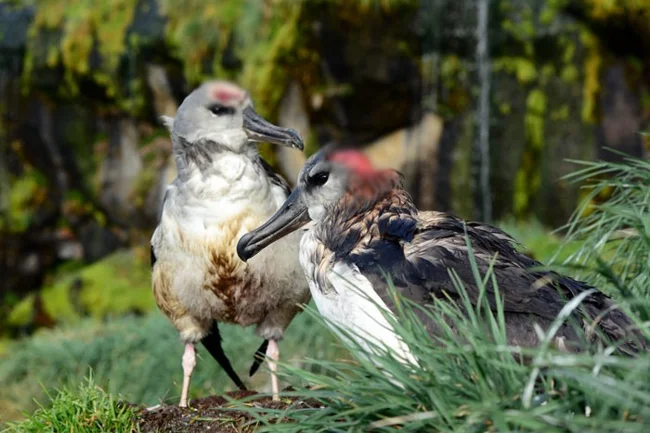
In addition, Mouse-Free Marion specifically chose to apply the pesticide during the winter months, when most of the birds are migrating off the island. While a few individual birds may pounce on the dead mice and become poisoned, Wolfhardt believes that is a small price to pay to save the species.
“The environmental benefits of this operation far outweigh any short-term costs,” he said. "We recognize and expect that some individual birds may find sufficient numbers of dead mice and die as a result. But we expect that their numbers will be small and that the populations of these birds will recover soon after the baiting operation."
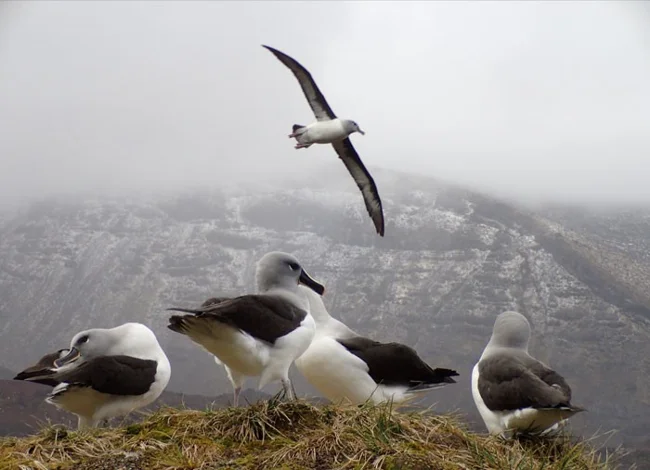
There’s also the risk that the pesticide won’t kill all the mice. After all, Marion Island isn’t that small. In response, Wolfhardt pointed to other successful examples of a similar strategy, including South Georgia, an island in the South Atlantic Ocean that’s about 10 times larger than Marion Island. In 2018, scientists successfully eradicated invasive rats with a mass release of baited pesticide, leading to the recovery of numerous bird species.
“We’re very fortunate to be able to draw on a wealth of experience from previous operations and learn from almost all of the successful projects,” he said.
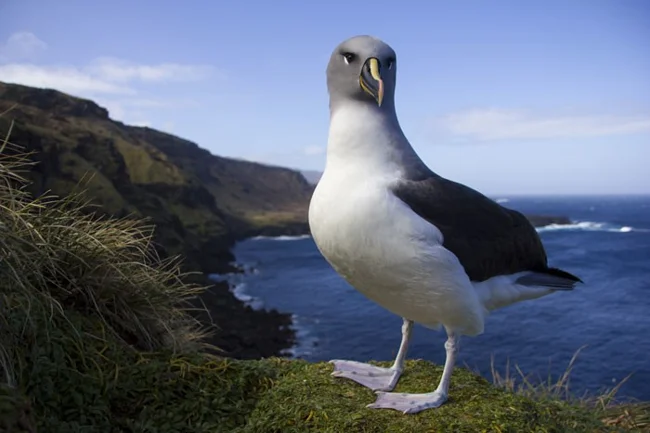
Of course, the most obvious cost of the project is money: $29 million. Only 36 percent of that money has been raised so far, mostly from the South African government, but Mouse-Free Marion is confident it will reach its goal. The organization has opened up donations, and even individuals will be able to sponsor, for example, the treatment of a hectare for $100. So far, many have already provided such support. A total of 1,758 donors have paid for the conservation of more than 8,000 hectares.
